The world moves faster than ever, and this quick pace demands change in all lines of businesses for a company including complex supply chains.
If a company’s leaders think supply chains are simply about vetting supplies in order to fill product or service needs, they are sadly already behind their competition. Companies must consider new ideas and innovation and partner with other businesses if they are to succeed and retain a competitive edge in 2020 and beyond. COVID-19 is currently shaping how supply chain and innovation are taking place.
Many global companies are realizing this more, and they are engaging in diverse product lines that generate revenue and change beyond companies’ direct operations. What does this mean? That has to say goodbye out-of-date supply chain engagement and hello to a next-generation model that includes businesses working together to create diverse product lines that address sustainability goals while reaching desired metrics.
The bottom line? Companies must move away from qualitative goals to quantitative ones. That means often taking a holistic approach for engaging suppliers across diverse product lines and engaging suppliers to change beyond just their own operations. Some companies have already implemented innovative next-generation supply chain engagement.
Ampacet Corporation, a U.S. privately-held company, created a program committed to sustainability called R3 Sustainable Solutions.
The company manufactures masterbatch products such a REC-NIR BlackTM is used in tires and black plastic such as detergent bottles and trash bags. Ampacet learned throughout its supply chain engagement that black plastic trash bags cannot be disposed of in an environmentally friendly way. That’s because of carbon black blocks polymer identification scanners at separation sites. The scanners, therefore, cannot see through the black plastic bags. The result? The bags are usually thrown into a landfill or incinerated. Ultimately, this is horrible for the environment and future generations.
Ampacet recognized the problem and found a solution. Ampacet developed a transparent black masterbatch called REC-NIC BlackTM that allows the scanners to identify the polymer type, and sorts the products correctly and allows for proper recycling.
Doreen Becker, Ampacet’s director of sustainability and a chemist, says that the company is always thinking about new solutions and creating products, services, and solutions that add to their R3 program to show their commitment to sustainability. These solutions allow for a more sustainable supply chain.
“Good business can also be good for the environment,” Becker says. Ampacet is not alone in examining and improving their supply chains for better sustainability.
Reckitt Benckiser (RB), a UK-based company located in 180 countries, recognized that having a sustainability agenda is critical in order to tackle emerging risks. Investors have a vested interest in social issues, and because of this interest, companies like RB must develop systems to measure social outcomes.
RB is part of a global coalition of 17 other businesses, the Business Avengers, that was created to focus on the United Nation’s Sustainable Development Goals. That includes not just sustainability but also social policies. For example, RB leads the conversation on improving health, as this connects to both its product sector and purpose - To protect, heal and nurture in the relentless pursuit of a cleaner and healthier world. This is delivered through both RB’s products and the way its brands work in partnerships such as with global NGOs to tackle issues such as hygiene and sanitation or sexual health and wellbeing.
At the same time, through its own organization and supply chain, RB is able to tackle other goals such as gender equity. This can be where women are increasingly part of RB’s leadership, represented on its Board or have a fairer presence in its global supply chains. With this in mind, RB is looking at its own organization and supply chain on gender equity.
“RB is not looking for a transactional relational with key suppliers but one that engages for long-term success,” David Croft, RB’s Global Director of Sustainability, Environment and Human Rights, says. Croft is excited about the ability to understand the positive and negative impact RB has on social issues. The more the company can understand its impacts the better it can address them by motivating other parts of the company for more positive results for inclusive growth.
In order to do this, Croft said it’s paramount that RB understands trade-offs and looks both to maximize the positives and avoid the negatives by examining systems to make informed, strategic decisions that aren’t just theory but result in solutions.
“We must act as citizens in the global ecosystem we are part of and support inclusive growth, then our communities prosper and, consequentially, business prospers,” Croft said. “It's a total business agenda, with traction to leverage doing good business.”
If you’d like to share how your supply chain engagement has been successful during this COVID-19 crisis, I’d love to hear from you and share your story, similar to the Ampacet and RB’s innovative stories above. Comments and inquires can be sent to

